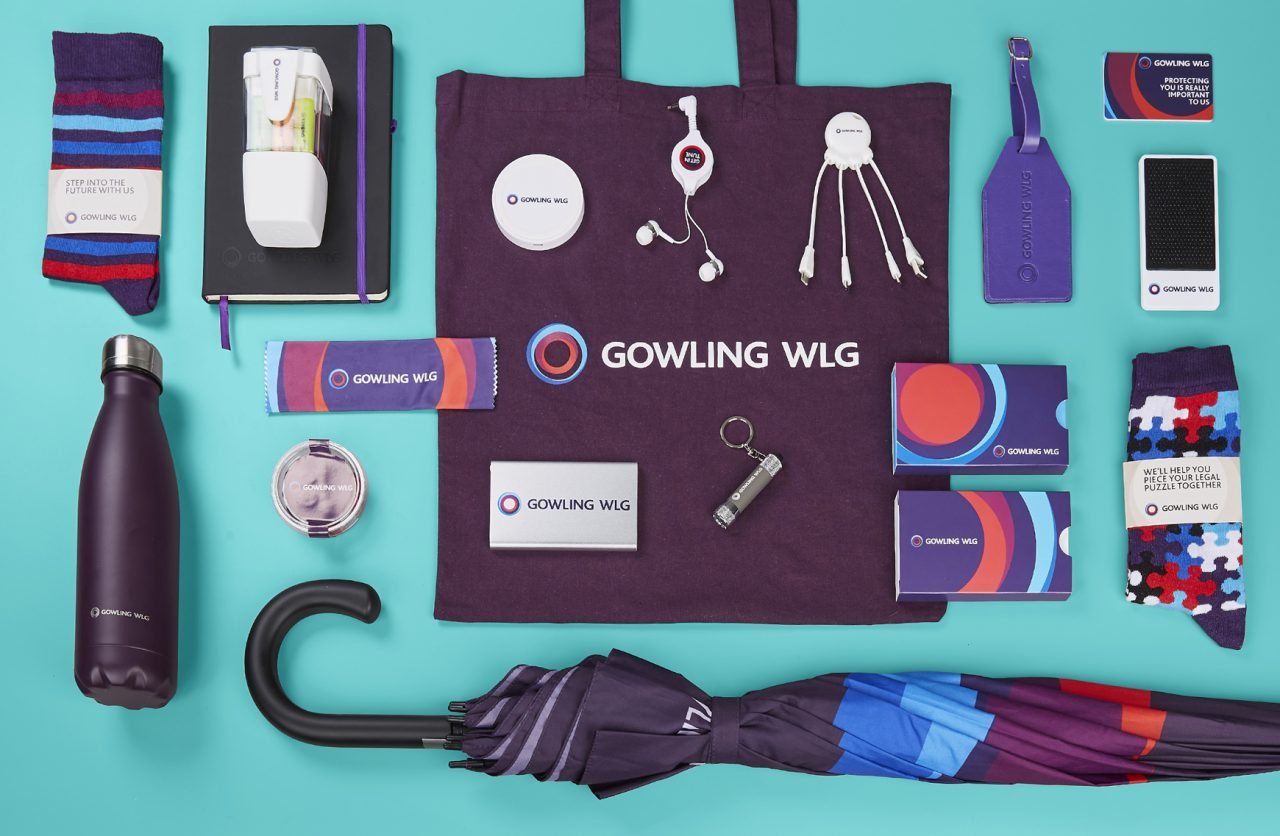For any business, the importance of a robust brand development strategy leads to successful results. There are several examples throughout the world, which can serve as evidence to the claim. Brands like Coca-Cola, Dyson, and Virgin, despite having great products and services to offer, preferred branding.
One of the key aspects of their success is that they are familiar with representing themselves as a brand in front of the target audience.
Brand Development Strategy For Startups
As far as a brand development strategy for startups is concerned, even though it is a difficult task, but has tremendous advantages that will reap results in the coming future. Some examples include:
Giving Your Company an Identity via Brand:
Compared to other startups struggling to secure their spot, a distinct image, voice, and personality will differentiate you from the rest. The marketplace is saturated, and getting the target audience’s attention is not an easy task. However, by preparing for it in advance, you have a chance to penetrate the market with full force.
Get Direction via Your brand:
To ensure your business future is worthwhile, you have to make an effort and invest time for the necessary decision that will benefit you in the end. Once you are aware of what your brand can do for you, then you can introduce newer services and products and at the same time benefit from marketing online.
Become Memorable Via Your Brand:
A unique selling point means nothing for a startup when there is no memorability. With a consistent approach, you can take your startup’s branding to the next level. This will help you connect with the audience since they are familiar with your startup’s products and services.
Startups known for a cohesive branding approach are recognized because of the consistency they bring to the table. As a result, they can connect with their audience consistently, incorporating familiarity and affinity.
It Offers Focus:
Robust branding approaches for startups are essential for employees as well, besides assisting the customers. Hence, employees focus more on work, ensuring that they are on the same page and have a common goal.
As far as branding is concerned, it is more than picking a name or designing a logo from a few shapes. Building a brand from scratch is a tough decision, but it is well worth a reward. Several startup organizations prefer interviewing with an agent, well versed in branding. However, before starting a brand development strategy, figure out what purpose your company can serve and give a little time to research.
Designing strategies of branding for startups perfectly requires an investment of effort as well as time. However, the results accomplished are well worth it, helping evolve a startup into a brand. Moreover, if you continue to make your branding strategies better, soon your brand will become a household name, a powerful industry, or a sector.
Starting Branding for startups – The Right Approach
Having a logo and a name is not enough to create a brand, as we previously stated. Even though these are the building blocks, there is much more than one may think of. Countless factors have to be in-depth considered before beginning with startup branding. These include website, brand name, brand image (Logo), marketing, voice, story, and a unique selling point (USP).
As far as a startup is concerned, these can work only one at a time rather than all of a sudden. For brand development strategy, it has to be patient rather than a haphazard one. For this purpose, it is necessary to make sure Creativity, Clarity, and Consistency (3Cs) are followed. Hence, below are the essential steps that need to be followed:
Step 1: Recognize the Startup Market
Before branding any business successfully, it is important to be familiar with its context. Otherwise, you should get information regarding who your customers are. You have to know your competitors, what services and products they offer to their customers, and what quality. You also need to ensure what kind of people will buy your services and products.
Ask yourself questions such as how your target audience will spend their free time, where they reside, what they like and dislike, how old they are, and how they like to be spoken to? It is important to collect as much information as possible to know why people prefer your brand.
Step 2: Carryout Competitor Research
No matter how profitable a startup is, they have a disadvantage if they are unaware of the competitors, who have been associated with the industry for ages. Hence, you have to make a strong impact, and for this, you have to be familiar with the competitors.
See how they have been performing in the marketplace for ages. You have to figure out the pros and cons of your competitors, most popular logos within the niche, choosing the appropriate name, the customer base and talking style of your competitors, and how they rate themselves within the marketplace.
Step 3: Distinguish yourself.
Even though you have an incredible product on offer, someone may have similar services or products to offer. For this purpose, your products must be noticeable among the target audience as unique. Knowing your uniqueness among the plethora of marketplace makes you stand out in the crowd.
Step 4: Be Careful in choosing your brand name
Getting a name for their business is of utmost importance for any startup, as they are very keen on this part of the process. However, making a hasty decision to choose a name results in an inappropriate title for the company. It is an effective part of the brand development strategy, so the companies must ensure they choose the appropriate one.
As far as the customers are concerned, they choose a brand, product, or service based on the name. You need to have an appropriate brand name before choosing it for printing business cards, creating a logo, and visual identity. This is what people will perceive when they recall your name.
Step 5: Choose an appropriate logo
Finally, yet importantly, the process of logo creation for the brand image is of utmost significance. Before you jump to create a logo, it is essential to research and see how your competitors’ logos look. For choosing an appropriate image for business and website images, many factors come into play. These also comprise other aspects, including the color schemes.
The world today that we are living in consists of digital aspects. Hence, the branding materials must vary for several platforms, and the graphic designer should be up for the task. Startups must prefer choosing an expert so that they resolve issues according to the situation.
The reason for it is that the logo will remain with the brand until its existence. Therefore, a branding agency can help to give your startup the perfect boost that will generate the outcome for the future.




